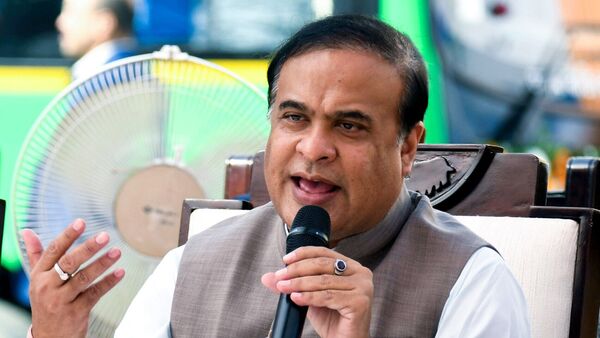The announcement of the Mukhyamantri Mahila Udyamita Abhiyaan (MMUA) by the Assam government, which ties financial support for rural women entrepreneurs to a cap on the number of children, has sparked a mix of reactions and debates. The conditions set by Chief Minister Himanta Biswa Sarma, including limiting the number of children for eligibility, reflect a broader population policy approach that the state government has been emphasizing.
The MMUA scheme aims to empower women in rural areas by helping them develop into “rural micro entrepreneurs” through financial support provided by the government. However, the controversial conditions attached to the scheme, such as restricting the number of children, have raised concerns and sparked discussions on the role of the government in personal matters.
Sarma’s rationale for tying the scheme to the number of children is to ensure that women can effectively utilize the funds for setting up their businesses. The Chief Minister argues that a woman with more children might find it challenging to dedicate time to business activities, as she would be occupied with childcare responsibilities. This perspective, while aimed at promoting the effectiveness of the scheme, has faced criticism for intruding into personal choices and reproductive rights.
The announcement aligns with the government’s broader population policy, including the earlier decision that individuals with more than two children would be ineligible for government jobs. The linkage between population norms and state benefits raises questions about the potential impact on the marginalized sections, such as Scheduled Tribes (STs) and Scheduled Castes (SCs), who face varying child caps under the MMUA scheme.
The MMUA scheme, despite its financial support goals, may face backlash for potentially excluding a significant number of women involved in self-help groups due to the imposed limit on the number of children. The conditions, which also include enrolling girl children in school and ensuring the survival of trees planted under a government initiative, add complexity to the eligibility criteria.
As the government moves forward with the MMUA scheme and considers extending similar norms to other beneficiary schemes, it remains to be seen how these policies will impact the empowerment of women entrepreneurs and whether the restrictions on reproductive choices align with the principles of inclusivity and individual rights. The debate surrounding the MMUA scheme emphasizes the delicate balance between state intervention, economic empowerment, and personal freedoms

